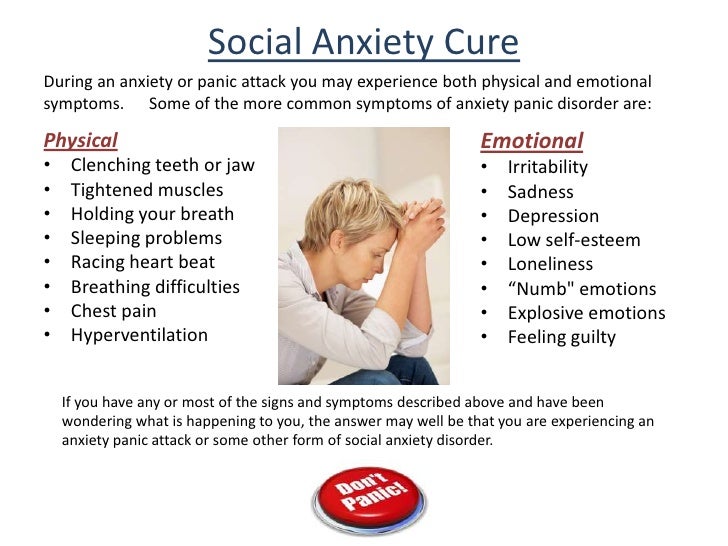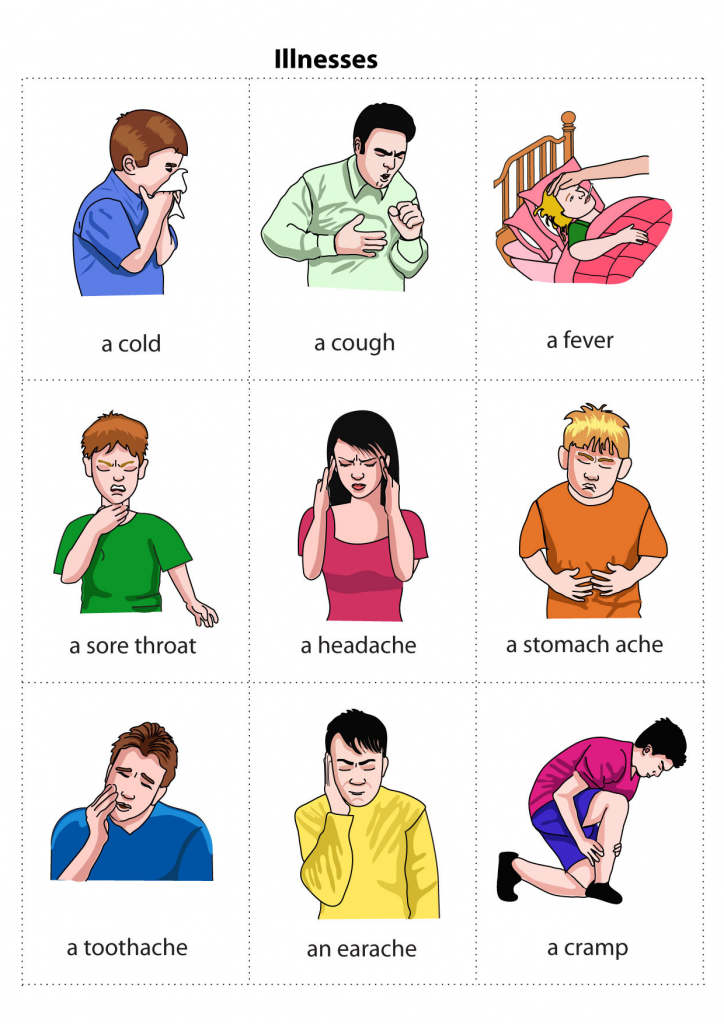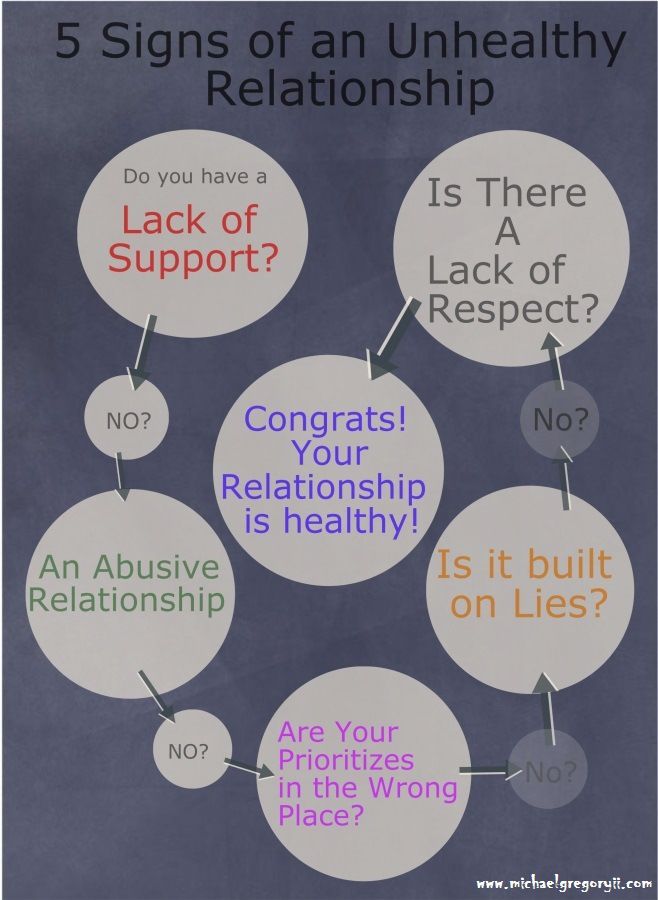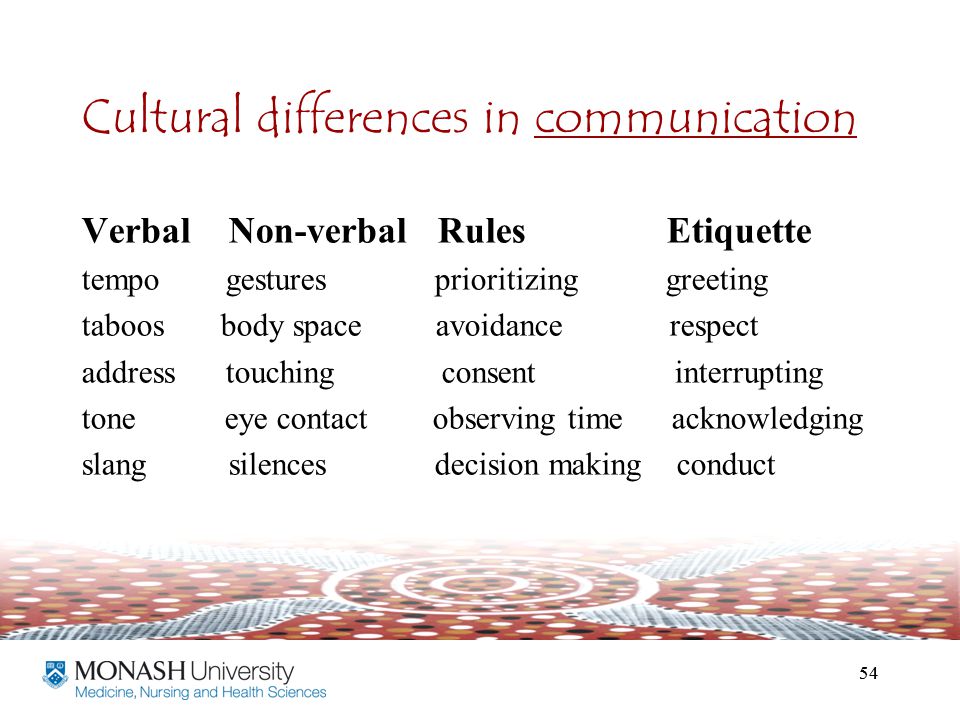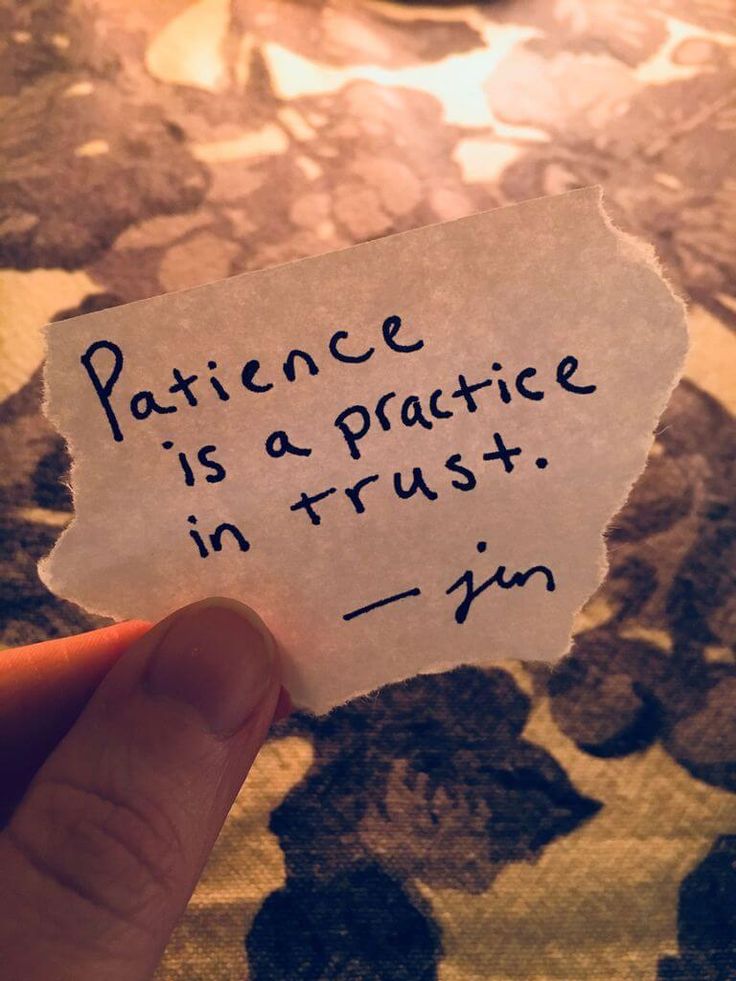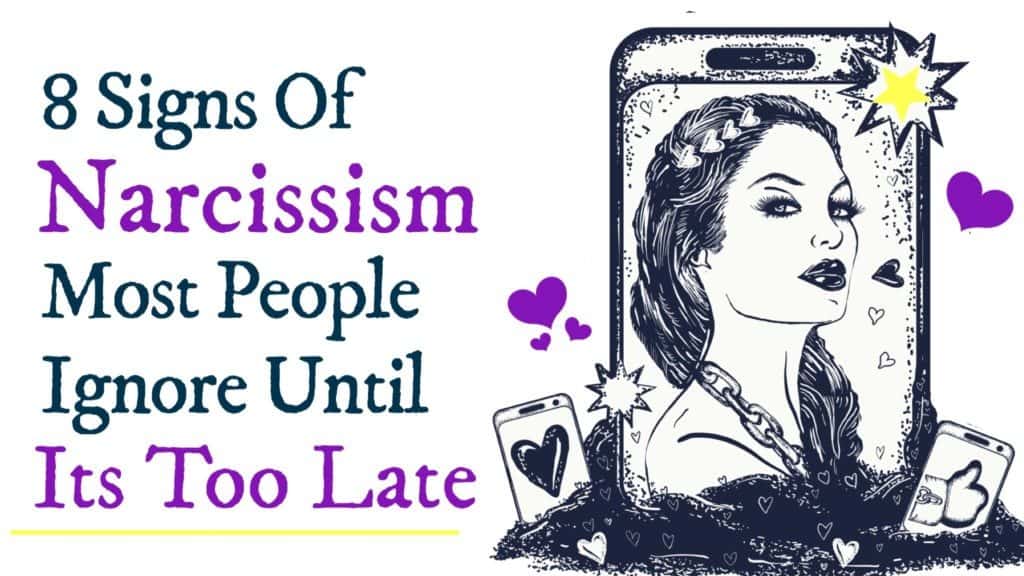How to help a husband with anxiety
How To Help Your Spouse Deal With Anxiety
For me, it often happens in the evening (though not always). It feels like a sudden Visitor at your door who comes in unannounced and spreads an uncomfortable, heavy, warm, wet blanket over you, gradually but quickly covering your whole body, and I feel it mainly in my chest. As soon as I feel myself covered, I’m very aware of the sense of unexplained dread that’s overcome me. Often my vision narrows and it’s difficult to concentrate on what people are saying. I can feel my heart pounding. My breathing is shallow. And it’s hard not to just sit there, paralyzed, and feel intense fear for something that I don’t know how to define.
Sometimes it takes a long while for the feeling to gradually dissipate. Other times, it just sort of leaves quickly, like it wanted to slip quietly out the back door without anyone noticing. It’s exhausting. And the most frustrating part, every time, is the nonsensical, illogical way the Visitor just comes and goes, without any sort of reason, at least none that I can think of.
Anxiety attacks are a beast, and I’ve experienced them for years. Every time I’ve had to deal with anxiety, my wife, Kristin, has been there right beside me, walking the road. She can tell when the Visitor is at the door because she can hear me trying to catch my breath.
Feeling anxious?
She’ll gently ask me this, and I never find it threatening nor snarky. This is in large part due to the fact that we’ve had some very open and real discussions about what I experience. What I appreciate the most is her understanding, even though she hasn’t felt what I feel when I have these attacks.
If you are married to someone who struggles with anxiety, you may feel powerless to help them. Kristin and I want to offer you some tools and concepts to help you be a support for the one you love most when anxiety comes bursting through the door.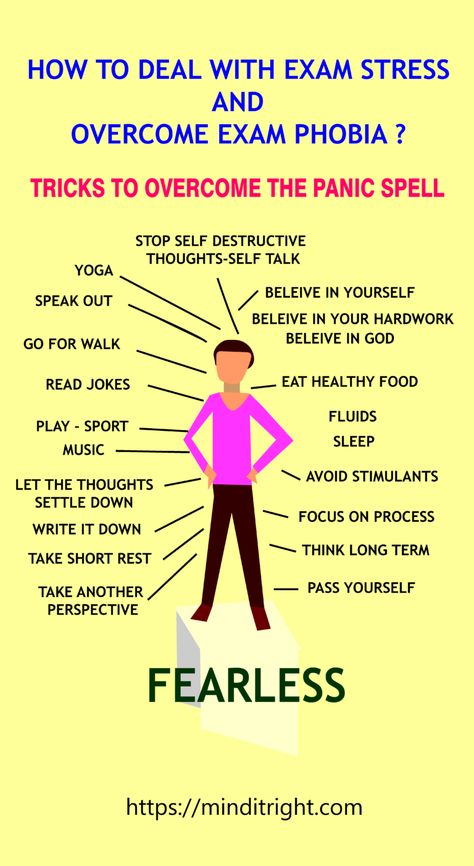
It helps to have a basic understanding of anxiety itself. Anxiety is actually a natural, normal process the brain goes through to help a person cope with stress. It causes an apprehension or fear of something to come, and this typically serves to protect a person from harm and danger.
However, this process is only made to come and go as needed. It’s not meant to pop up without warning and interfere with everyday life.
This unhealthy anxiety is ambiguous; it can feel differently depending on the person feeling it, and it reveals itself in a variety of ways. Many (like myself) feel panic attacks with no apparent reason. Others may experience a phobia of certain objects or activities. Some have an irrational fear of social situations or worry about their health.
Researchers can’t pinpoint an exact cause of this kind of anxiety. A mix of genetics, environmental factors, and brain chemistry seems to be likely, but this doesn’t exactly narrow it down.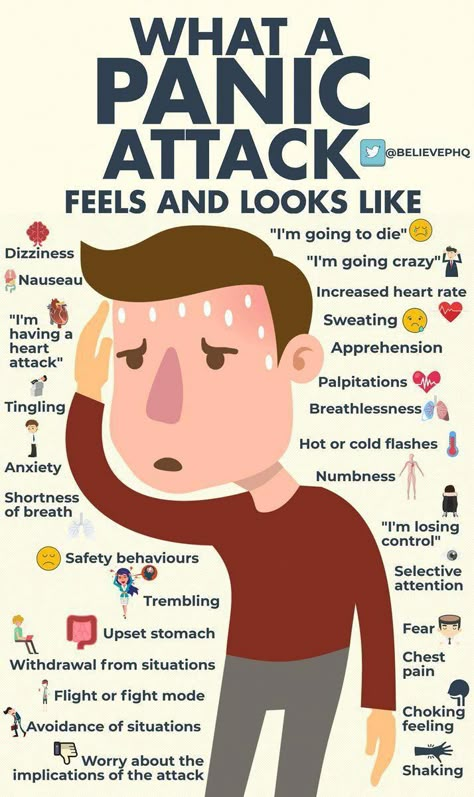 Therefore, there are a variety of ways professionals treat anxiety, from coping exercises such as deep breathing and other lifestyle changes to therapy and medication. (The Gottman Institute offers a great article here about using mindfulness to deal with difficult emotions like anxiety.)
Therefore, there are a variety of ways professionals treat anxiety, from coping exercises such as deep breathing and other lifestyle changes to therapy and medication. (The Gottman Institute offers a great article here about using mindfulness to deal with difficult emotions like anxiety.)
This all can seem very complex to you, the spouse, who sees how anxiety is plaguing the one you love. And you might be wondering, what in the world could I ever do to help?
What Spouses Can DoIn fact, you are not powerless to help your spouse who has anxiety. Anxiety isn’t exactly something you can “fix,” but it can be managed. And as someone dealing with anxiety, a supportive spouse is the most important person to have in your corner.
Here are some thoughts on how to help your spouse deal with anxiety:
- Understand that your spouse doesn’t know why they struggle with anxiety. Even if they know what triggers it, such as work deadlines or having to engage with a particular person, the feeling itself just seems irrational.
 Even more elusive is how to get rid of that feeling. It’d be easy to put the blame of the anxiety on the person feeling it or to say, just stop feeling that way, but this is no help. As a person who experiences this, I can tell you that if I knew what it was I was doing that caused a panic attack, I’d immediately change course. And I appreciate my wife understanding this.
Even more elusive is how to get rid of that feeling. It’d be easy to put the blame of the anxiety on the person feeling it or to say, just stop feeling that way, but this is no help. As a person who experiences this, I can tell you that if I knew what it was I was doing that caused a panic attack, I’d immediately change course. And I appreciate my wife understanding this. - Be present. One of the worst feelings—over and above the anxiety itself—is watching a person leave the room because they don’t know how to help. My wife’s presence is comforting and reassuring, even if neither one of us knows how to “stop the feeling.” Sometimes Kristin, if she is doubting what she should do, will say, I’m going to stay here with you until you tell me you want to be alone. And I can honestly say I have never asked to be alone during a panic attack.
- Gently direct toward some healthy coping strategies (and away from unhealthy ones). Again, my wife is good at this (she’s had lots of practice).
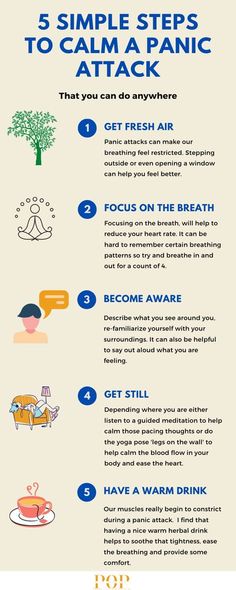 When I feel an attack coming on, she will gently and respectfully steer me in another direction, maybe to watch a TV show with her or to take a walk. She understands the need to redirect my focus. Other good coping strategies include self-care, meditation, deep breathing exercises, physical exercise, eating a healthy diet, aromatherapy (such as using candles, oil, or incense), and spending time outdoors in nature.
When I feel an attack coming on, she will gently and respectfully steer me in another direction, maybe to watch a TV show with her or to take a walk. She understands the need to redirect my focus. Other good coping strategies include self-care, meditation, deep breathing exercises, physical exercise, eating a healthy diet, aromatherapy (such as using candles, oil, or incense), and spending time outdoors in nature. - Talking it out helps. When I feel the pressure of anxiety coming on, Kristin will often ask me if I know where it might be stemming from. Sometimes, as we talk, we can identify some possible triggers, such as an impending work deadline or an inevitable difficult conversation I need to have with another person. My wife is really good at helping me think out what’s the worst that can come out of this situation? When I verbalize with her that the worst-case scenario isn’t all that bad, it helps to alleviate the anxiety.
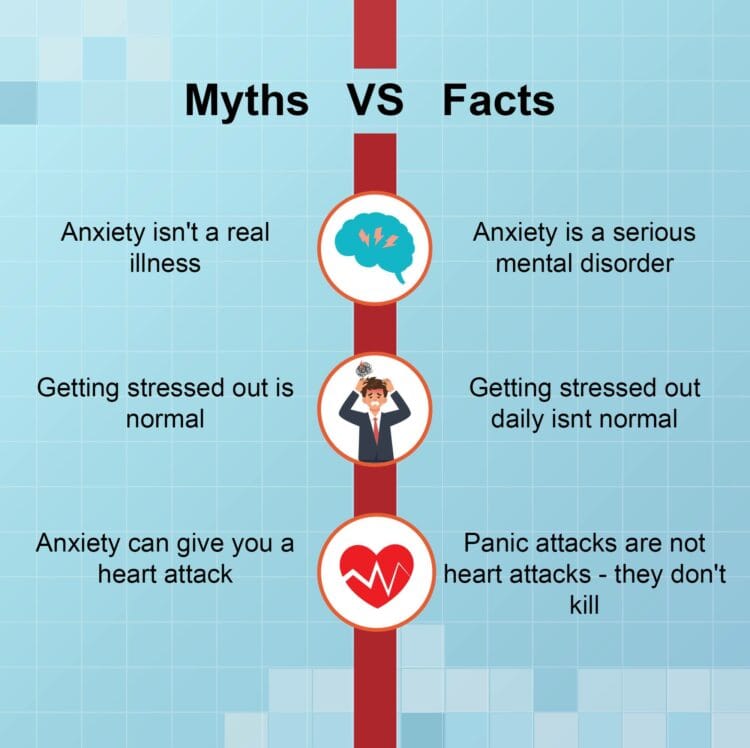 At other times, Kristin is also very good at reading when talking may not be very productive. This is usually when I’m in full-on panic mode and I can’t think straight enough to make conversation. In this case, she helps me with other coping strategies.
At other times, Kristin is also very good at reading when talking may not be very productive. This is usually when I’m in full-on panic mode and I can’t think straight enough to make conversation. In this case, she helps me with other coping strategies. - Encourage rest. Exhaustion and fatigue are bullies to anxiety management. Getting to bed early or taking a short power nap in the afternoon helps me (I avoid long naps because it interferes with my sleep at night). I appreciate it when Kristin guides me to make rest a priority.
- If anxiety persists despite using coping strategies, it might be good to encourage your spouse to seek professional help through their physician or a counselor.
There are times when I have felt very inadequate because I didn’t know how to fix what I was experiencing. It’s easy to feel that something is “wrong” with you. And even more so, I’ve wondered just when my wife was finally going to be over me and this “problem.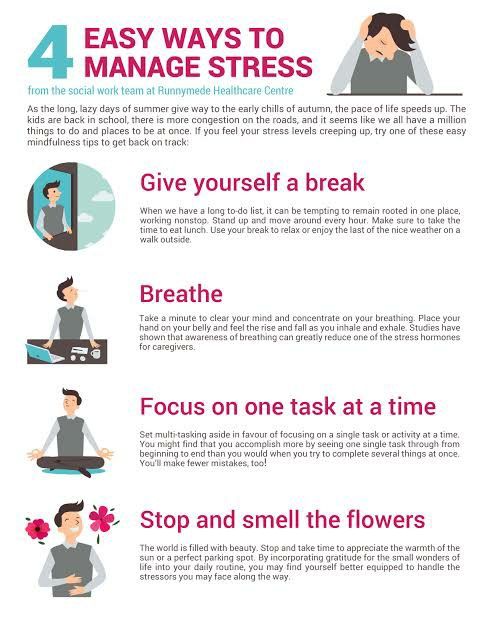 ”
”
Kristin is very quick to put me in my place (in a good way). She assures me that nothing is “wrong” with me, that she doesn’t judge or think negatively of me because of my anxiety, and that she’ll be there no matter what to help me however she can. Without that, no coping exercise, medication, or therapy session would be nearly as effective.
You are in the prime position to be the main support for your spouse struggling with anxiety. You don’t have to “do” anything about it. Simply walk the road with them. Be in their corner. Encourage them. Be understanding. And be assured that your support means the world.
***If you or someone you know is in an abusive relationship, contact the National Hotline for Domestic Abuse. At this link, you can access a private chat with someone who can help you 24/7. If you fear your computer or device is being monitored, call the hotline 24/7 at: 1−800−799−7233. For a clear understanding of what defines an abusive relationship click here.***
Image from Pexels.com
Did this blog give you the information you were looking for and give you tools to help improve your relationships?
How To Help Your Anxious Partner — And Yourself : Shots
Hanna Barczyk
Living with anxiety can be tough — your thoughts might race, you might dread tasks others find simple (like driving to work) and your worries might feel inescapable. But loving someone with anxiety can be hard too.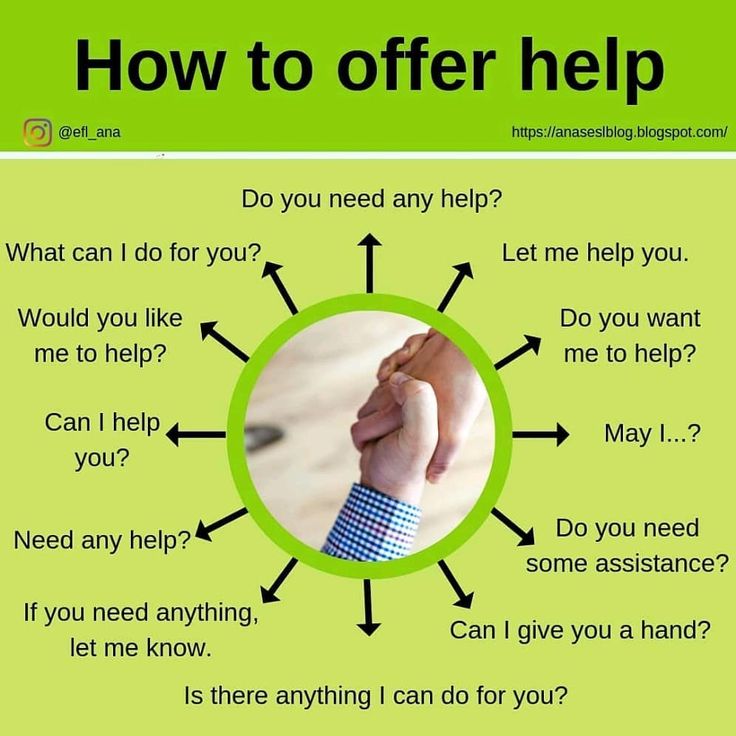 You might feel powerless to help or overwhelmed by how your partner's feelings affect your daily life.
You might feel powerless to help or overwhelmed by how your partner's feelings affect your daily life.
If so, you're not alone: Multiple studies have shown that anxiety disorders may contribute to marital dissatisfaction.
"We often find that our patients' ... partners are somehow intertwined in their anxiety," says Sandy Capaldi, associate director at the Center for the Treatment and Study of Anxiety at the University of Pennsylvania.
Anxiety is experienced at many different levels and in different forms — from moderate to debilitating, from generalized anxiety to phobias — and its impacts can vary. But psychiatrists and therapists say there are ways to help your partner navigate challenges while you also take care of yourself.
Start by addressing symptoms.
Because an anxiety disorder can be consuming, it can be best to start by talking with your partner about the ways anxiety affects daily life, like sleeplessness, says Jeffrey Borenstein, president and CEO of the Brain & Behavior Research Foundation in New York. Something as simple as using the word "stress" instead of clinical labels can help too. "Often people may feel a little more comfortable talking about stress as opposed to ... anxiety [disorders]," Borenstein says.
Something as simple as using the word "stress" instead of clinical labels can help too. "Often people may feel a little more comfortable talking about stress as opposed to ... anxiety [disorders]," Borenstein says.
Don't minimize feelings.
"Even if the perspective of the other person absolutely makes no sense to you logically, you should validate it," says Carolyn Daitch, a licensed psychologist and director of the Center for the Treatment of Anxiety Disorders in Farmington Hills, Mich. Try to understand your partner's fears and worries, or at least acknowledge that those fears and worries are real to your partner, before addressing why such things might be irrational.
Anxiety doesn't have an easy solution, but helping someone starts with compassion. "Too many partners, particularly male partners, want to fix it right away," Daitch says. "You have to start with empathy and understanding. You can move to logic, but not before the person feels like they're not being judged and . .. misunderstood."
.. misunderstood."
Help your partner seek treatment — and participate when you can.
If your partner is overwhelmed by anxiety, encourage your partner to seek therapy. You can even suggest names of therapists or offices, but don't call the therapist and set up the appointment yourself, Borenstein says. You want the person to have a certain level of agency over treatment.
Capaldi says she often brings in a patient's partner to participate in therapy and to bolster the patient's support system at home. "The three of us — patient, partner, therapist — are a team, and that team is opposed to the anxiety disorder," she says.
But don't talk to your partner at home the way a therapist might. For example, don't suggest your partner try medication or ways of modifying behavior. "Let the recommendations about treatment come from the professional" even if you yourself are in the mental health care field, Borenstein says. "I personally am a professional, and I wouldn't [prescribe anything] to a loved one.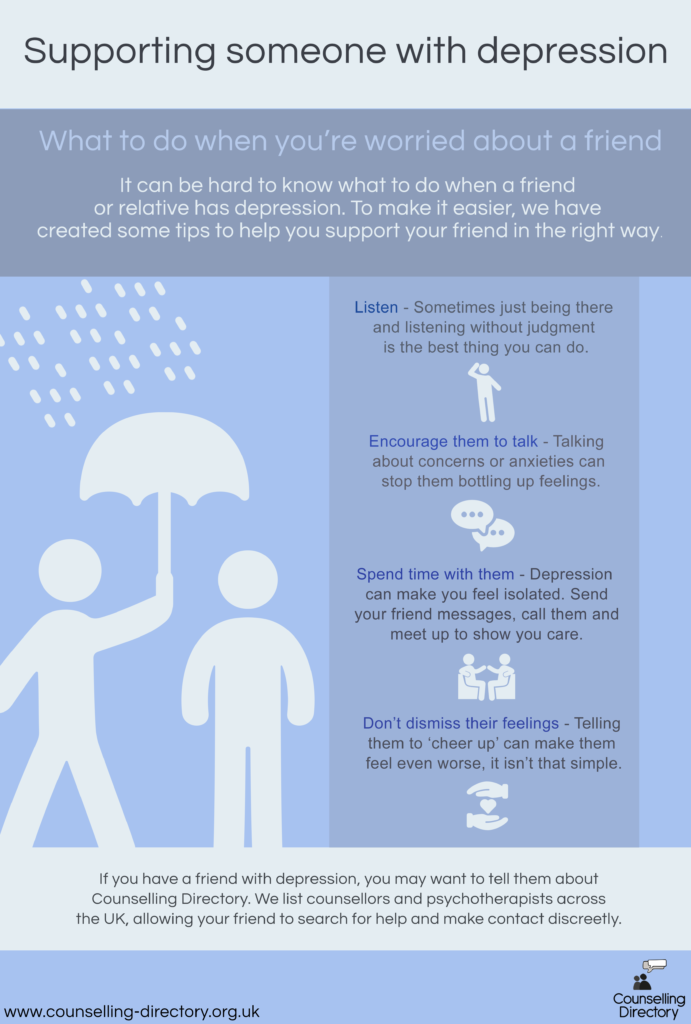 "
"
It can also be helpful to do some research on whatever form of anxiety your partner might be living with, Capaldi says (The National Alliance on Mental Illness' guide to anxiety disorders is a great starting point). "Many times, people with anxiety feel as if they're misunderstood," she says. "If the partner takes the time to research it a little bit, that can go a long way."
For tips on how to help your partner pick the right type of therapy, check out this guide from the Anxiety and Depression Association of America.
Encourage — don't push.
When your partner suffers from debilitating anxiety and you don't, your partner's behavior can be frustrating, says Cory Newman, a professor at the University of Pennsylvania's Perelman School of Medicine. But you should never patronize or diminish your partner's fears. Comments such as "Why can't you do this? What's your problem?" will probably be ineffective.
Instead, try to encourage your partner to overcome the anxiety. "Channel your encouragement in a positive direction," Newman says. "Say something like 'Here's how it will benefit you if you can face [this] discomfort.' "
"Channel your encouragement in a positive direction," Newman says. "Say something like 'Here's how it will benefit you if you can face [this] discomfort.' "
Daitch cites the example of someone with an immense fear of flying: "Start off saying, 'I really understand how scared you are of flying. It makes sense you'd be scared. You can't get off the plane if you have a panic attack, [you're] afraid you might embarrass yourself ... or it feels like you're out of control when there's turbulence.' See things from their perspective."
Then you can try to gently push your partner to overcome those fears.
Cultivate a life outside your partner's anxiety.
To maintain your own mental health, it's important to cultivate habits and relationships that are for you alone, such as a regular exercise regimen or weekly hangouts with friends. Have your own support network, like a best friend or a therapist (or both), for when your partner's anxiety overwhelms you.
Partners definitely need support of their own, Capaldi says, "whether that means their own therapeutic relationship or just friends, family [and] other interests or activities that set them apart from the world of anxiety they might be living in."
And don't let your partner's anxiety run your family's life. For example, someone with obsessive-compulsive disorder, which is closely linked to anxiety disorders, might want family members to keep everything very clean or organized in arbitrary ways. Newman says it's important to restrict how much you will organize your household around your partner's anxiety — and not to indulge every request or mandate.
"Try to be respectful, but also set limits," he says.
Help your partner remember that the goal is to manage anxiety — not to get rid of it.
"A lot of people with anxiety disorders understandably view anxiety as the enemy," Newman says. "Actually, it's not. The real enemy is avoidance. Anxiety causes [people] to avoid things — like applying to schools, flying to a cousin's wedding — [that can lead to] an enriched life. ... And that causes depression."
... And that causes depression."
It can also reduce the number of life experiences you and your partner share.
"You can have an anxious life, but if you do things — you're doing that job interview, you're saying yes to social invitations, you're getting in that car and driving to the ocean even though ... you don't want to drive 10 miles — you're doing those things still," Newman says. "OK, you might need [medication] or therapy, but you're still living life."
Susie Neilson is an intern on NPR's Science Desk. Follow her on Twitter: @susieneilson.
Anxiety disorder: how to help a loved one during an attack
30,605
Antistress A person among people
Who better than people suffering from anxiety disorders themselves to tell what they experience during attacks and what kind of help and support from loved ones they need? Here's what they would like to tell loved ones about their constant struggle with anxiety.
The best thing you can do is listen
“No one is asking you for answers. You can't "cure" us, even if you really want to. Just listen. Let them know that you are there and ready to help. Don't be too intrusive if you see that we are uncomfortable, but do not miss the moment when it is important for us to have someone hug us. - Allison L.
Your support means everything to us
“I've been dating a young man for over a year now. I know that it's not always easy to love me. I often get on his nerves and he can't understand why I'm behaving this way. But when I'm immersed in endless doubts and anxious reflections, it's important for me to know that he accepts our differences and continues to love me even in those moments when I myself find it difficult to love myself. - Melissa H.
Don't tell us "just calm down"
“It doesn't help, it just annoys. We are usually 1000% aware that our anxiety is irrational. Offering to calm down won't magically turn her off.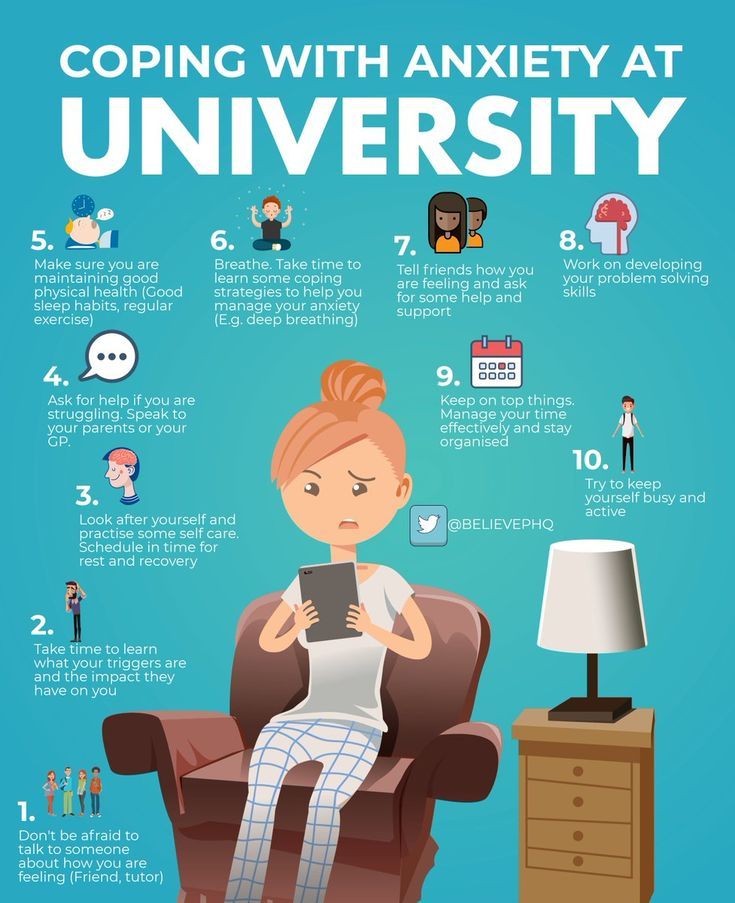 ” - Kelly R.
” - Kelly R.
Don't be offended by our behavior on difficult days
“Remember that our anxiety is not related to you, even if it seems to you that you have now provoked it. We just feel a tremendous overstrain. Part of the cause of anxiety is related to the work of our brain, and now nothing can be done about it. But there are also external factors that can be influenced. Help us to distract ourselves, it will help relieve anxiety. For example. suggest going for a walk.” —Ryan N.
Remember there are different types of anxiety
“My husband and I both suffer from severe depression and anxiety. However, our symptoms manifest differently, and what works for me may not necessarily help him. During difficult periods, I need physical contact, approval and support. And he needs to be left alone. If you can understand what a partner needs in a difficult moment, it will strengthen the relationship.” - Melissa M.
Anxiety is not always a bad thing
“When an anxious person sees your love, sometimes anxiety makes their love return deeper and more passionate.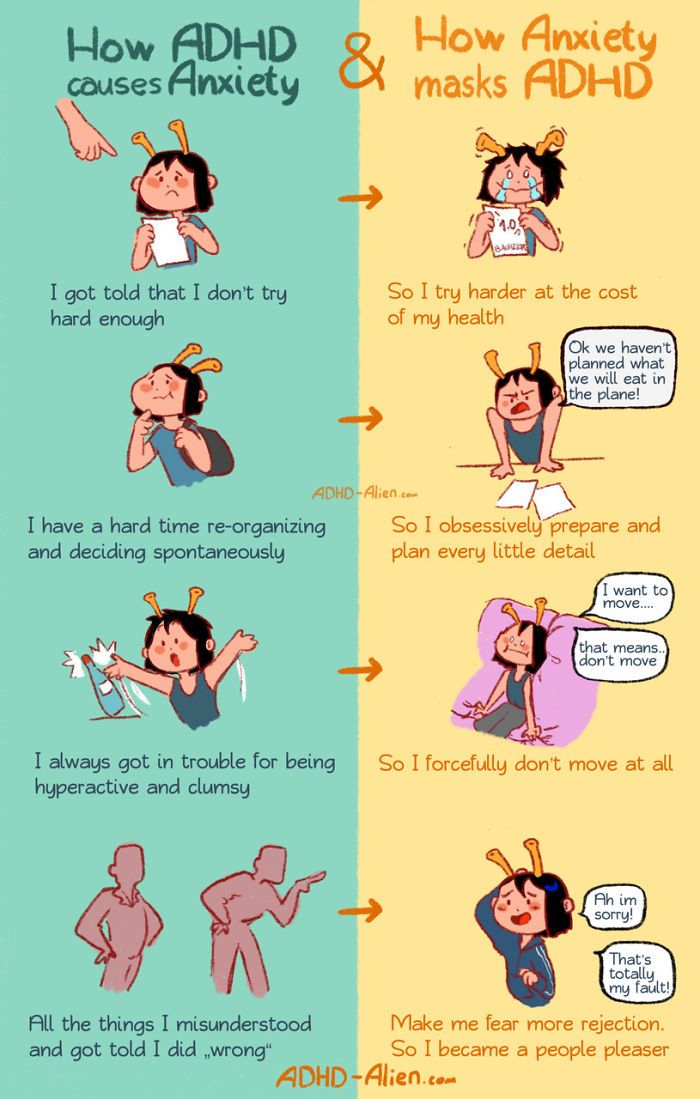 Neurotic energy is still energy. Anxiety also prevents me from making rash decisions. An anxious partner is likely to be very attentive and caring.” – Hope J.
Neurotic energy is still energy. Anxiety also prevents me from making rash decisions. An anxious partner is likely to be very attentive and caring.” – Hope J.
We are very grateful to you for your patience
“Patience is one of the most important human virtues. You do not always understand our anxiety, but the main thing is that you still show love and care. When my boyfriend and I come to a party, he occasionally comes up and quietly asks if I feel okay. It's an easy way to show you care.” —Christina R.
To better understand us, read about anxiety disorders
than physical illness. Remember what triggers our anxiety attacks.” — Melissa J.
You can't "fix" the problem, and that's okay
"My husband didn't realize right away that there was no need to 'do' something about an anxiety attack, sometimes it takes me a couple of minutes to deal with it" - Kayla D.
Take our worries seriously
“Before my anxiety disorder was diagnosed and treated, a couple of times during my panic attacks I thought I was having a heart attack or a blood clot.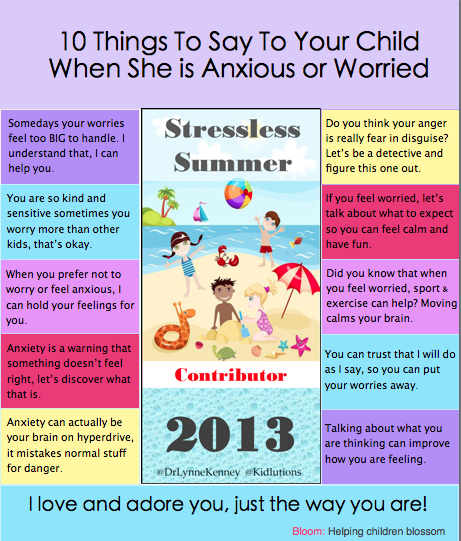 Both times my fiancé took me to the hospital and generally took the situation very seriously. He had no doubt that something was wrong with me, even when the doctors said that it was not life threatening. And it meant a lot to me. Anxiety is sometimes paralyzing, and it is important that there is someone who will not disparagingly say: “Yes, this is nonsense.” - Erika K.
Both times my fiancé took me to the hospital and generally took the situation very seriously. He had no doubt that something was wrong with me, even when the doctors said that it was not life threatening. And it meant a lot to me. Anxiety is sometimes paralyzing, and it is important that there is someone who will not disparagingly say: “Yes, this is nonsense.” - Erika K.
Remind us to take care of ourselves
“Encourage our activities with any health-improving practices – for me, for example, yoga, dancing and walking. You can join us or just help free up time for these activities - for example, by taking care of the children. - Sandra B.
Explain that it is not embarrassing to seek professional help
"Suggest that your partner see a therapist. Treating an anxiety disorder can sometimes save a life or make it better. This will have a positive effect on your relationship as well.” — Hope J.
Be there for hard days
“I'm dating a very understanding young man who knows that sometimes I need to hide in a closet and sit there for a while. He even bought a special blanket that he brings to me on such occasions. If I'm so anxious that I can't bring myself to get out of this safe hiding place, he sits there with me.” — Pixie M.
Text: Nikolai Protsenko Photo Source: Getty Images
New on site
How to survive the holidays with your family if your relatives are toxic: 7 tips
Why you need a value system: 3 ways to audit and change your life : which women excite men more?
How to address by name: the opinion of a psychologist
7 important novels of 2022: addictive, frightening, unusual
How not to kill the liver, stomach and the whole body during the holidays: 5 rules
“I hate studying, I hate my parents, and most of all I hate myself”
How to support your son and husband when your soul is anxious: 4 advice from a psychologist to Kaliningrad women
- Articles
Author: Nika Umarova
Partial mobilization has been announced in Russia, some have already received summons and sent to military units. Psychologist Elena Boldyreva shared with Kaliningrad women how to support men. Klops publishes her advice.
First of all, you need to find support in yourself in order to calm yourself first of all. If you do not find a place for yourself, you will infect loved ones with anxiety. nine0003
“This is a job that women will have to learn how to do,” says the psychologist.
1. How can I calm myself down?
Routine activities and hobbies will help you calm down. “Many women go to yoga, and it helps them. Some go to therapy groups to gain inner confidence. Confident people infect calmness. An older comrade, sister, girlfriend can become such a strong hand,” says Elena.
Books about the lives of historical figures or philosophical works help to understand how people experienced crises at different times.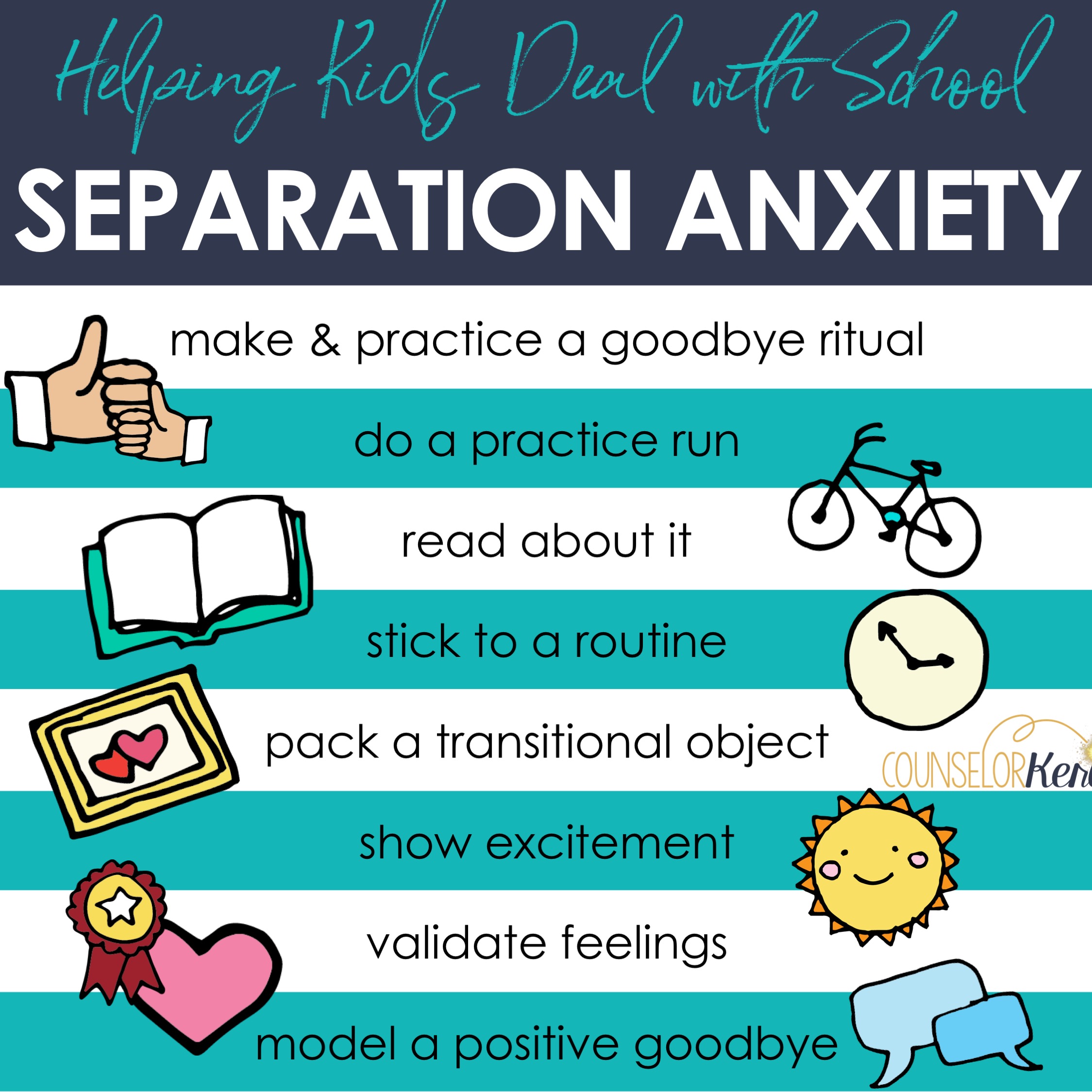 nine0003
nine0003
“Many now recommend Viktor Frankl's book “Say Yes to Life!”: A Psychologist in a Concentration Camp (16+). It was written by a psychologist who went through a concentration camp during World War II. The author talks about what helped him survive and what supported him,” the expert recommends.
Among the unusual recommendations are folk tales, where the characters "get into difficult situations, find a support group in the form of a hare or a bear, and eventually overcome difficulties and learn something."
“Such supportive stories are also good to read. And avoid communicating with people who make you feel uncomfortable, ”advises Elena.
2. How to support an adult son?
If mother and son do not usually share experiences, an emotional contact must be established. Simple rituals will help with this - drink tea together, have dinner at the same table. If the child lives separately, offer to meet.
“It is not for nothing that in all critical times people tried to be together, to stay closer to each other. The ritual of eating food together has a sacred meaning: you are not alone, you share food with someone. Not at the level of words, but at the level of the unconscious, this is support, ”says Elena. nine0003
It's okay to be afraid. “Now it’s scary, but I’m there and we can support each other” - say words of support, do not be ashamed and do not go into pity.
“Make it clear that any choice of your son will be accepted by you, you respect his decision, because he is a man. But you need to understand that a man can also be scared, he may not understand something. He should not be a superhero, but you can help him not to lose the strengths of character that he already has, ”advises Elena. nine0003
3. What if your help is refused?
“When a loved one is nervous, it is quite appropriate to ask: “Can I help you, support you?” or “I notice that you are nervous. What's going on with you?" This will help the man pay attention to his condition. Such phrases work with everyone, ”says the psychologist.
If a man says that he can handle it himself, that is his right.
“Say: “If something happens, I’m near, I can hug you” or simply: “Listen, can you make some tea with sandwiches?”. Accept that before you is the same adult as you, even if it is your child. That's support." nine0003
-
4. Should we avoid disturbing topics?
Have you learned some news and think this information is useful for your man, but you are afraid of his reaction?
“Ask yourself an honest question: why do I want to tell him this? If from her anxiety, then it turns out that the woman simply throws stress on her loved one and instead of helping, she will only increase her anxiety. This anxiety goes around in circles. Then it will be difficult to make calm, balanced decisions on any issues. Just ask: I found out some information here and I would like to discuss it with you, can we talk now? A person must have a choice. This approach is at least respectful,” says the psychologist.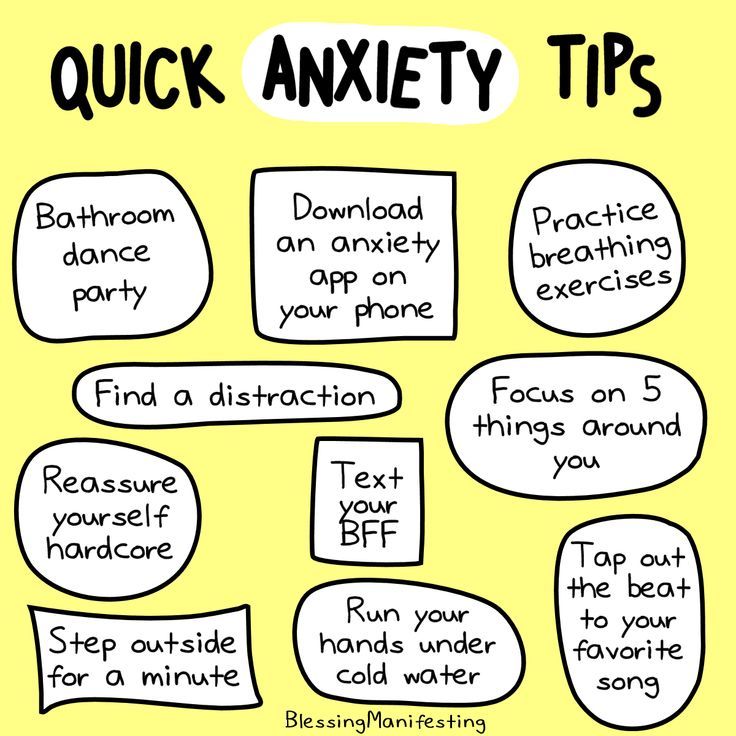 nine0003
nine0003
You definitely shouldn't "quarrel with the TV", even if your loved one shares your views.
“Better say calmly: “I see that you are very angry, I am also angry, and I am even scared.” I think such an exchange of simple experiences is enough if the husband and wife have contact. If it is not there, it is difficult to provide support, contact must be restored, ”says the interlocutor of Klops.
Don't let news from outside upset the balance in your family. The perception of this external world depends on our "internal weather". nine0003
“Now it is important to protect this internal weather. You probably noticed: you are walking down the street, the sun is shining. You learned the bad news, and now it seems to you that the sun is already shining not in a kind way, but somehow in an evil way. Although nothing has changed, except for your mood. You need to think about how good it is for peace in your family to talk about the negative. This only excites the nervous system, and if the husband and wife have different views, then they run the risk of quarreling over what does not really concern them.